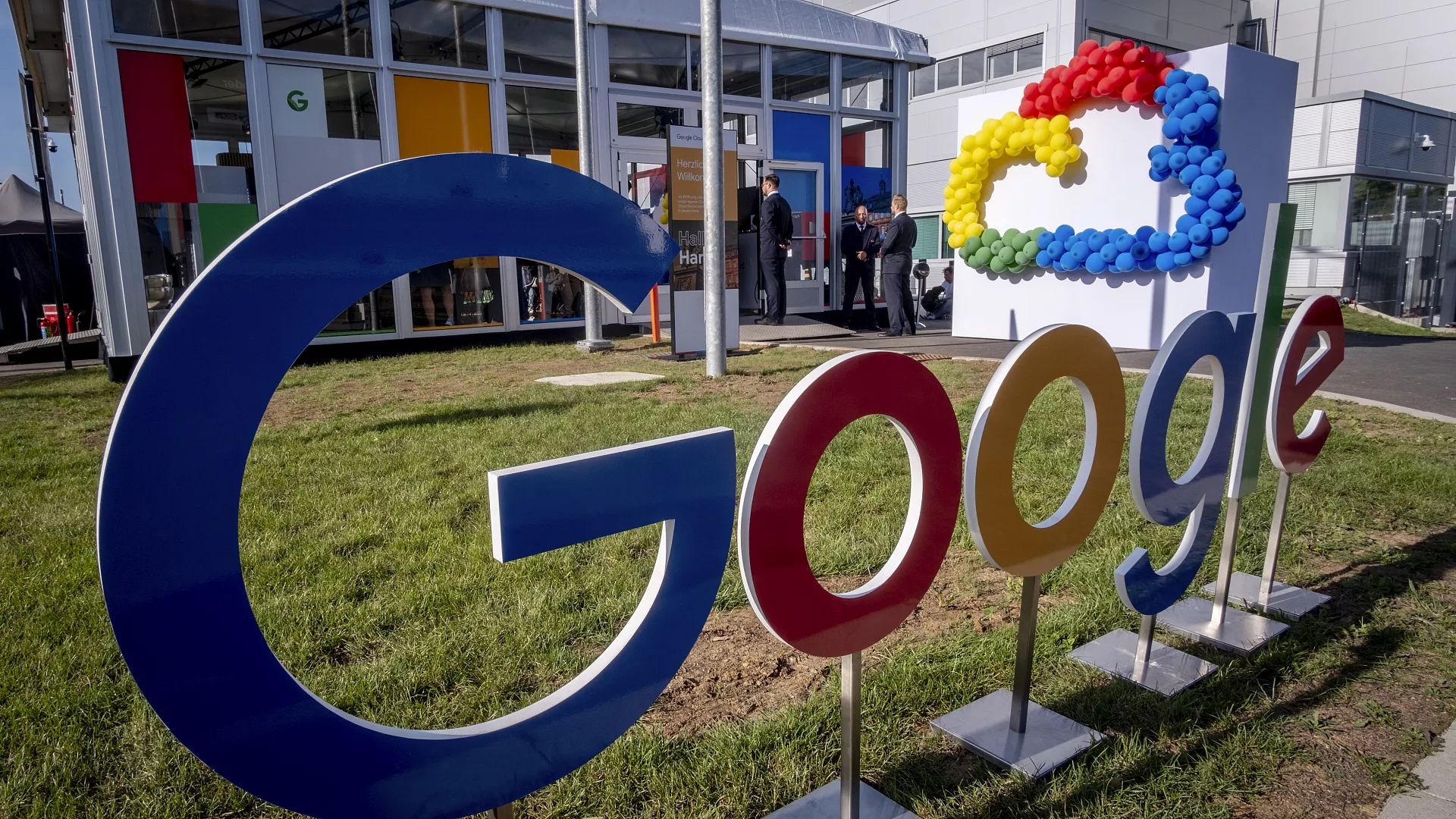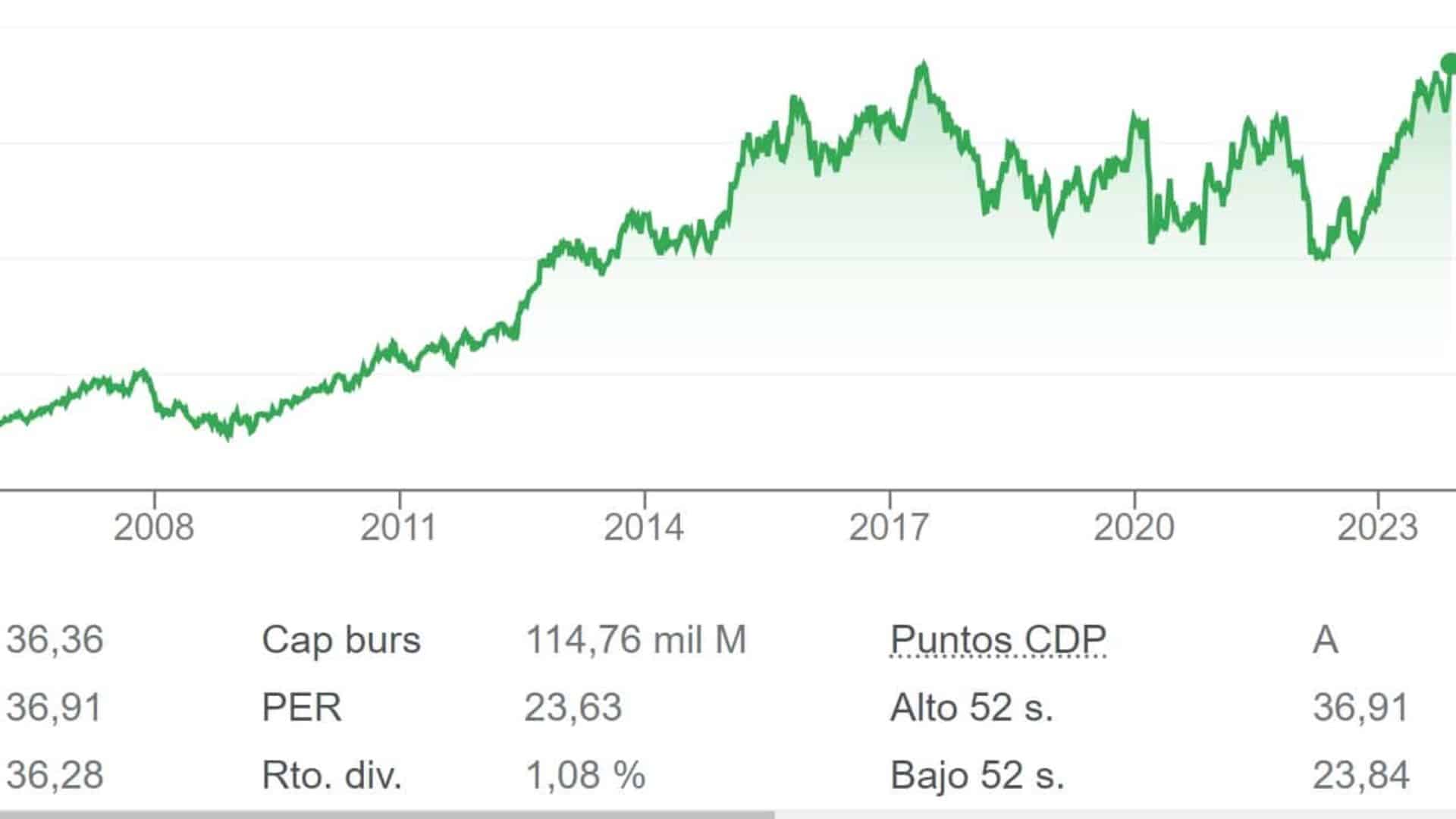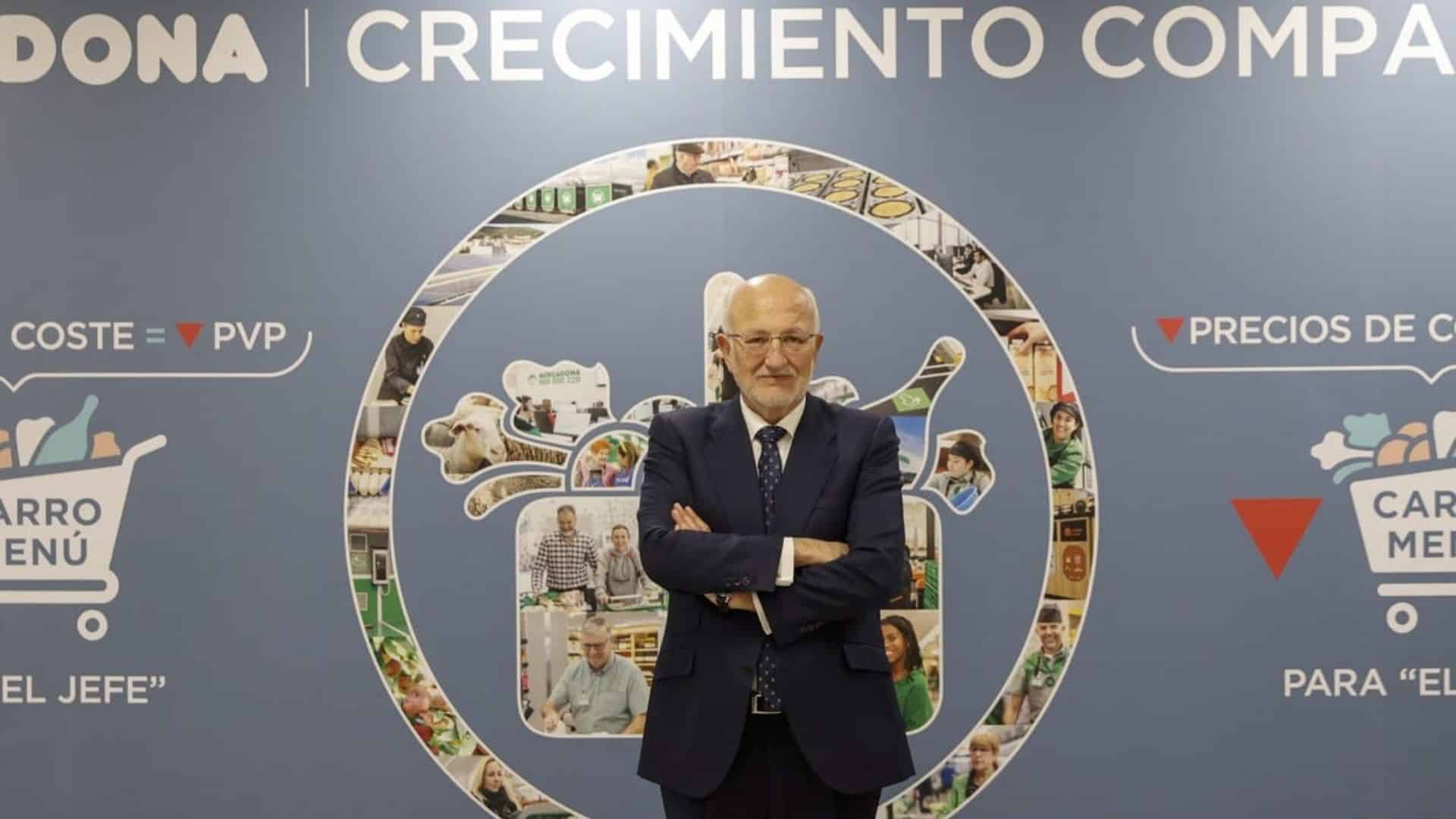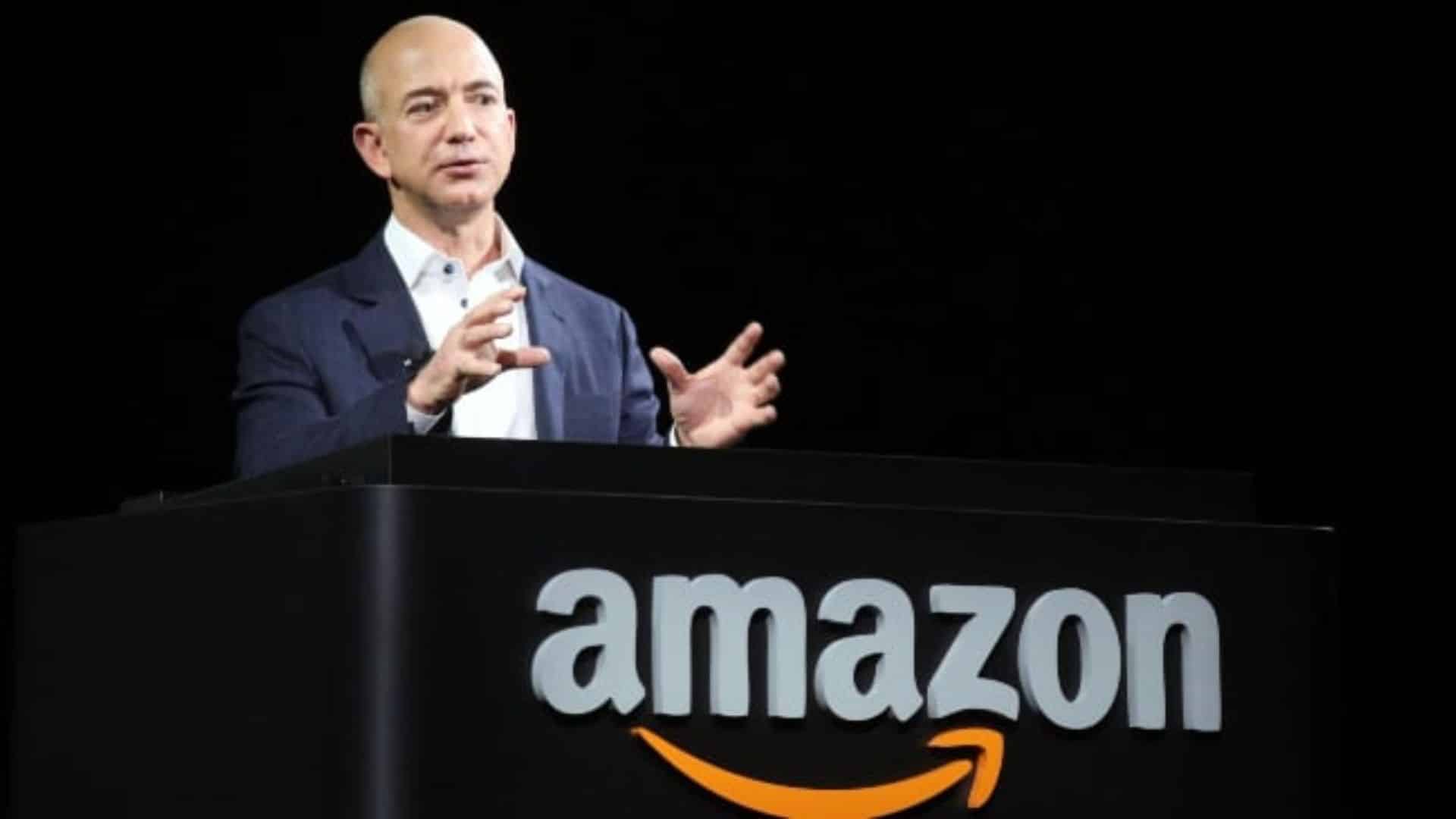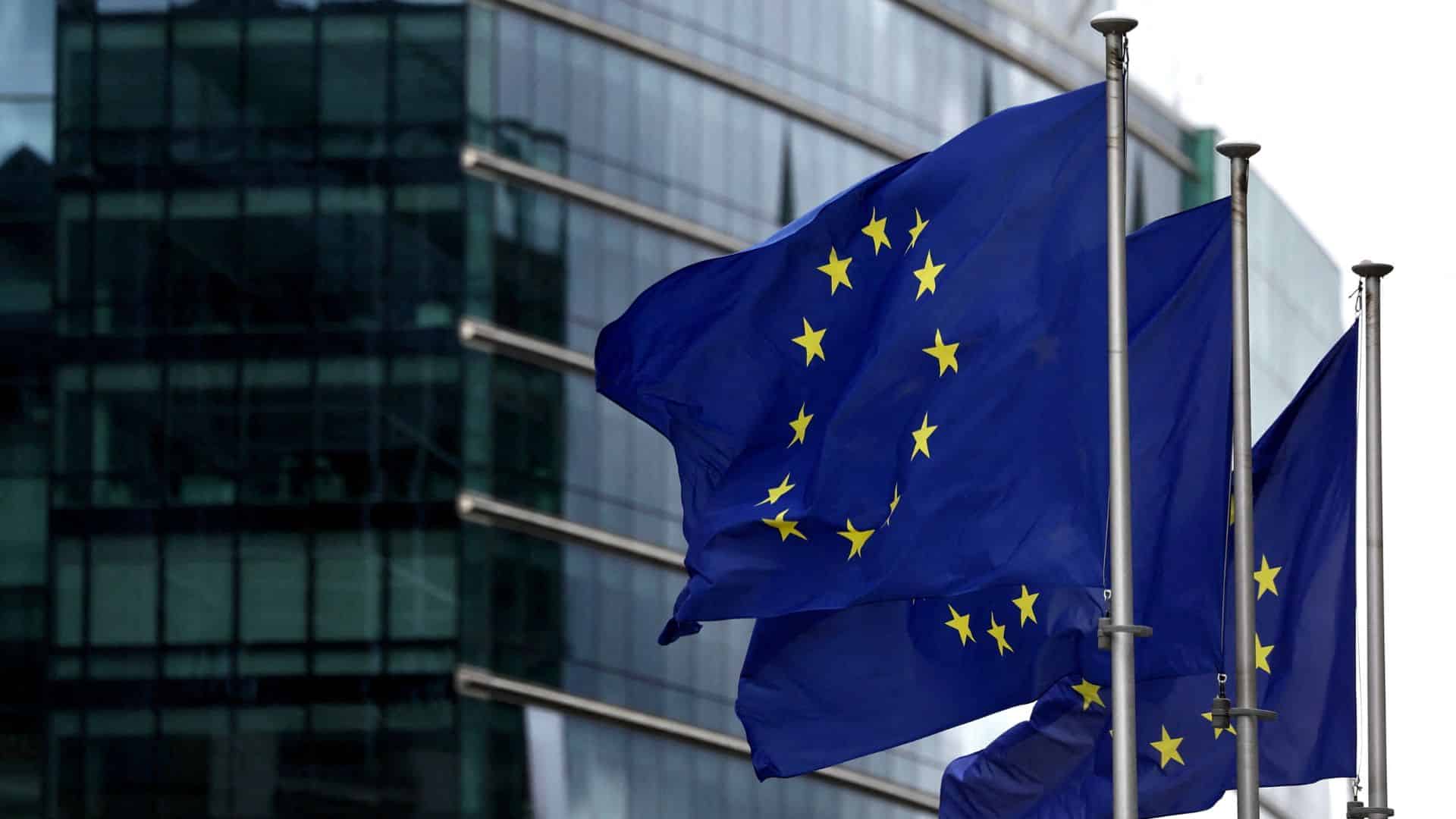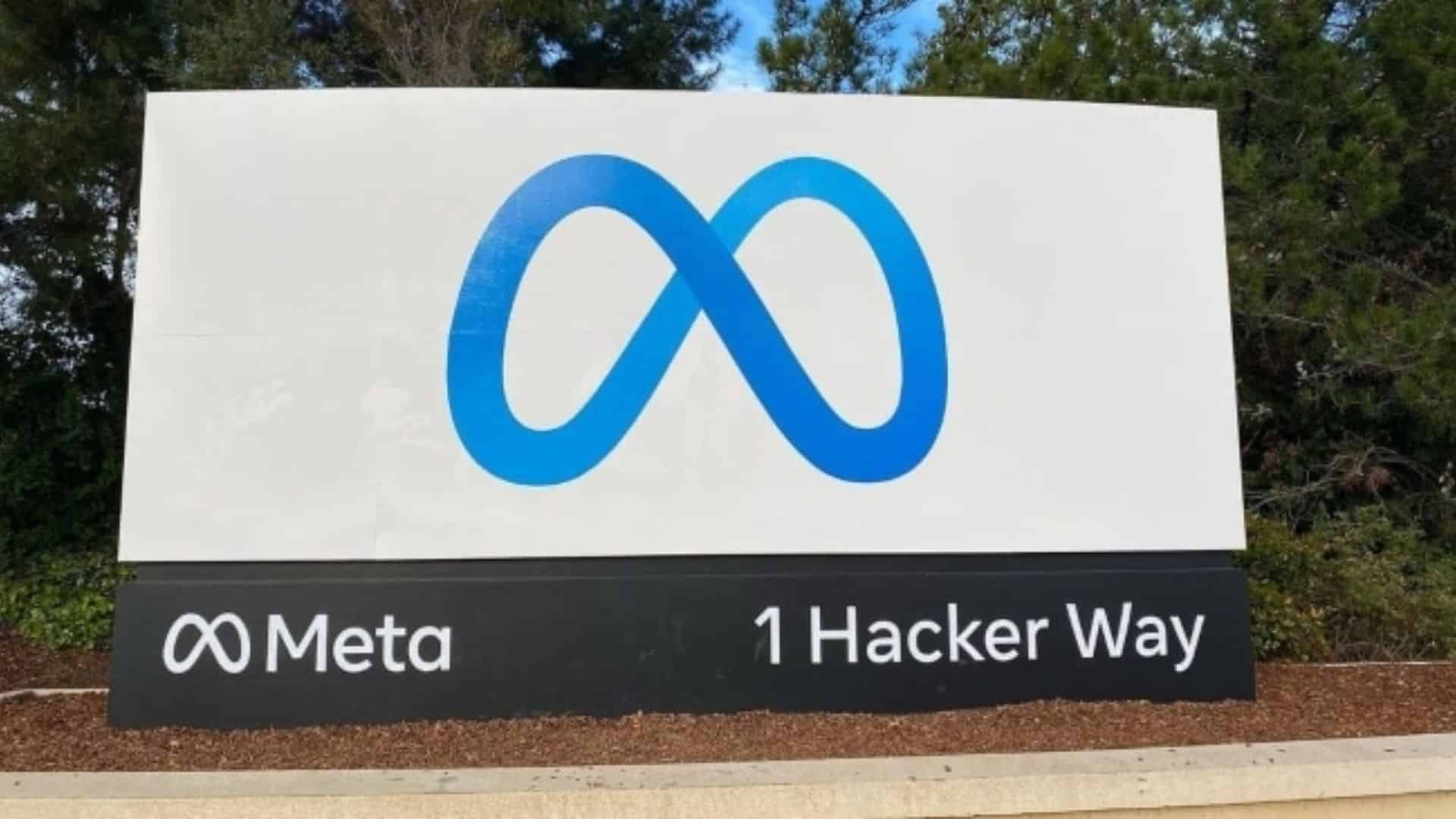
Meta reverts to chronological flow to comply with EU law even though its users don’t want it
If in mid-August TikTok announced that it would deactivate its recommendation algorithm to adapt to the Digital Services Directive as of the 25th, now it is Meta that is announcing very similar changes with the same objective. The parent company of Facebook and Instagram will enable the chronological flow of content for those who want it in EU territory in its different sections, and will withdraw the suggestion that it is not possible to use chronological content. / personalisation of results according to previous activity. This will mean that only posts from followed users or posts that match the search term will be displayed, with no further additions.
These changes, which these Meta services are obliged to make as part of the 19 large platforms that require additional monitoring and requirements due to their size, are in stark contrast to the findings of a recently published study on the impact of algorithms on the consumption of their users. That research was conducted in late 2020 on the basis of 7,200 adults using Facebook and another 8,800 using Instagram, and its results show that those who viewed the timeline stream during the three-month experiment grew tired of the experience sooner and were more likely to leave the platform.
These findings are consistent with those of an internal report produced in 2014 and reported by The Washington Post in 2021.
The authors of the study found that the longer Facebook had the timeline enabled for a user, the less time the user spent browsing it, the less content they posted and the less frequently they returned to the social network.
One of the key reasons why regulators are demanding that platforms give the easy option to stop using the algorithmic stream is that they blame it for negative externalities such as misinformation or polarisation. But four studies published earlier this year in Science and Nature on the 2020 US presidential election suggest that the switch to timestreaming did little to change the political perspectives of the users involved. Nor did it do much to change any pernicious effects of such alignment, such as political polarisation, susceptibility to consuming misinformation or extremist views on certain issues, as the individuals studied were simply seeking reinforcement of what they already believe in the first place.
The social web giant makes the algorithmic selection of content in EU territory an alternative, as established by the Digital Services Directive.
And they also echo previous research: the removal of the algorithm from the experience drastically reduced the time these people spent on Facebook or Instagram, and indirectly boosted the time they spent on TikTok, YouTube and other platforms. It now remains to be seen what Europeans do when invited to choose between algorithmic and chronological streaming, and what consequences that choice has on the time they spend on those platforms, with the subsequent impact on Meta’s advertising business.

